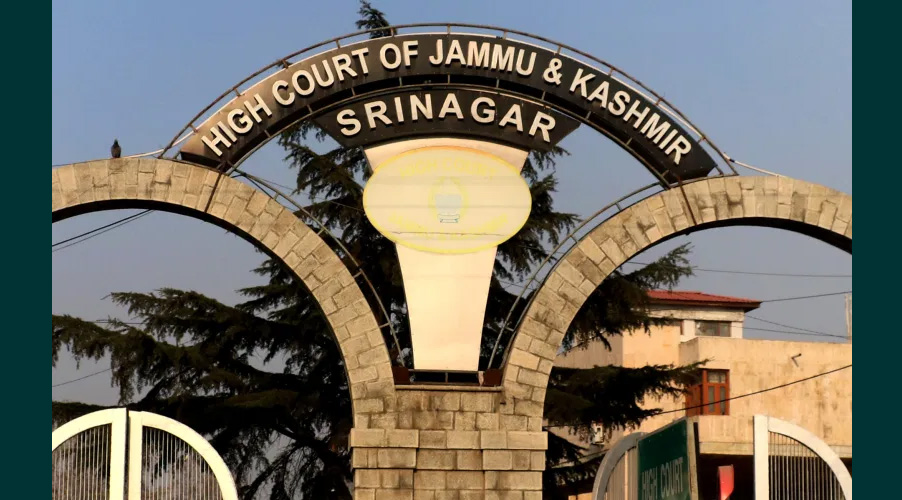The directives issued by the High Court concerning the preservation of the water body ‘Shah Kul’ in the outskirts of Srinagar signal a crucial step towards safeguarding environmental integrity and combating illegal encroachments. It is most important to uphold ecological sanctity and ensure the restoration of natural resources. The ruling is to address the encroachments and demarcate the water body, a pivotal step towards reinstating its original glory. The HC’s directive to halt further construction by private individuals underscores the gravity of the situation and the need for immediate action to prevent irreversible damage. The PIL highlights the collective responsibility to protect and preserve natural heritage. The petition’s plea for the removal of illegal encroachments and the restoration of the historical canal or water body signifies a call to action against environmental degradation and urban sprawl. Central to the Court’s directives is the demand for accountability from both private individuals and authorities responsible for enforcing environmental regulations.
The court’s insistence on filing objections and providing relevant records reflects a commitment to due process and transparency in addressing environmental concerns. Past communications from the Divisional Commissioner on Shah Kul underscore the longstanding nature of this issue. Despite previous directives for action, the lack of substantive measures highlights systemic challenges in enforcing environmental laws and regulations. Moreover, the Court’s directive to inform them about the actions taken for the demarcation and eviction of encroachers underscores the need for coordinated efforts between various Government agencies. Effective collaboration and proactive measures are indispensable in combating encroachments and restoring ecological balance. Preserving water bodies like Shah Kul is not merely a legal obligation but a moral imperative for safeguarding the region for future generations. Once again, the Court has served as custodians of justice and guardians of environmental rights. They play a crucial role in holding accountable those responsible for environmental degradation and ensuring the implementation of corrective measures. It is a timely reminder of our shared responsibility to protect and nurture the environment for present and future generations.


